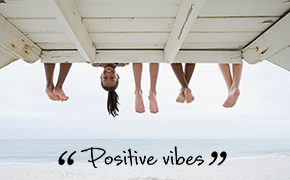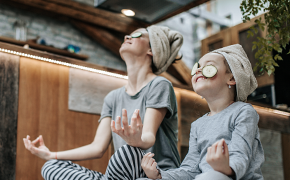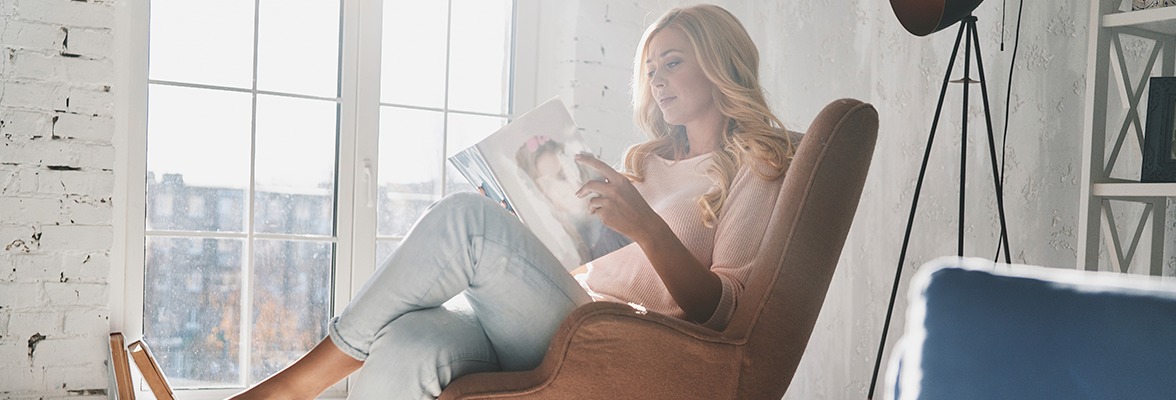Contrary to popular belief or representations in popular culture, minimalism is not always about casting aside all your worldly possessions and choosing to live in an empty house. It’s more subtle than that.
Adopting a minimalist approach to life starts with a few personal questions. Ask yourself:
• Am I aware of everything I own?
• Do I need all my ‘stuff’ and does it bring me happiness?
• Does my life feel cluttered and at times overwhelming?
• Am I always rushing around to get things done?
In other words:
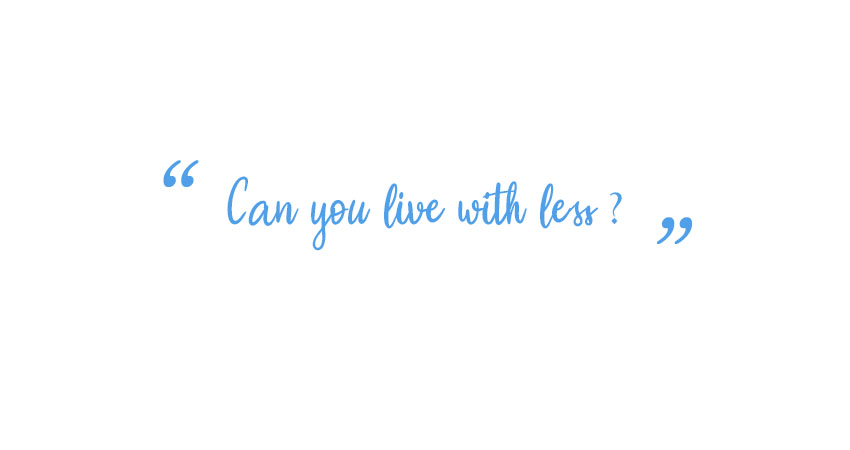
Aside from the financial benefits, removing extraneous items from your life has a number of positive effects on well-being, from minimising stress and the feeling of being overwhelmed to increasing contentment by focusing more on the things and experiences that matter.
If these sound like qualities you’d like more of in your life, here are some ways you can make minimalism work for you:
1. Unclutter your environment to unclutter your mind
Take a look around your home. Identify what you have and how much of it you really need. Applying a minimalist mindset to things like clothes can not only free up space but, donated to someone who needs them, enhance your inner peace and positivity.
2. Shop smarter
Freeing up space in wardrobes and cupboards is not an opportunity to fill them with replacement goods. Avoid this urge when shopping by asking yourself: Do I really need it? And if the answer is yes, go for something that’s made to last.
3. One in, one out
Quite simply, when something new comes in, something old must go out. This will keep you focused on the value of things you have around the home and limit your belongings to a manageable amount.
4. Feeling over having
Minimalism isn’t just about taking away, it can also be about adding to your life but not necessarily in the way you might think. Instead of buying ‘things’, try spending on experiences; moments on your own or shared with friends that enrich and add meaning to your life.
5. The spirit of essentialism
By being selective about what you read online or watch on television for instance, and by limiting your use of online social media, you can become more aware of the important information and the essential relationships in your life.
6. Use time intentionally
When tackling your to-do list, try to assess what is important and worth doing and what is not. Try to set your priorities in alignment with your values. Ultimately, this can help you make good decisions, plan for the future and fulfil your goals.
7. Declutter your mind and develop self-awareness
Because our beliefs about ourselves can influence our actions, try tackling negative feelings or beliefs. For instance, every time you believe you cannot achieve something, try to rewrite that story with a successful outcome. You may find you can declutter your mind of self-limiting thoughts.
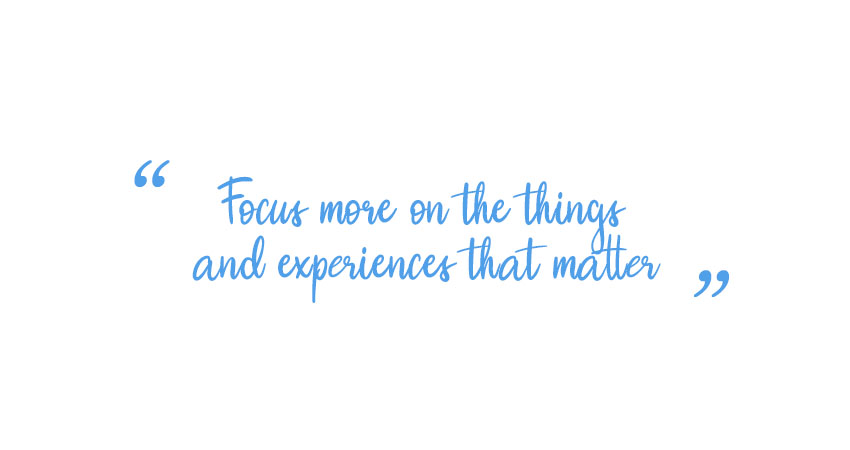
If you’re someone who can see the benefits of even minor de-cluttering and cutting back, minimalism could be an approach worth investigating. Even tiny steps towards a simplified way of life could bring much larger rewards in the form of a calmer, more peaceful existence. And we could all use a little of that.
___
Source material/References
https://www.forbes.com/sites/deborahweinswig/2016/09/07/millennials-go-minimal-the-decluttering-lifestyle-trend-that-is-taking-over/#492446283755
https://www.theguardian.com/books/2017/apr/12/goodbye-things-hello-minimalism-can-living-with-less-make-you-happier
https://www.psychologytoday.com/au/blog/anxiety-zen/201612/minimalism-when-living-less-means-more-mental-health
https://www.hancockregionalhospital.org/2018/01/declutter-peace-well/
https://www.mayoclinic.org/healthy-lifestyle/stress-management/in-depth/how-decluttering-your-space-could-make-you-healthier-and-happier/art-20390064
https://www.sciencedaily.com/releases/2007/11/071112133809.htm
https://www.simplyfiercely.com/simple-living-back-to-basics/







